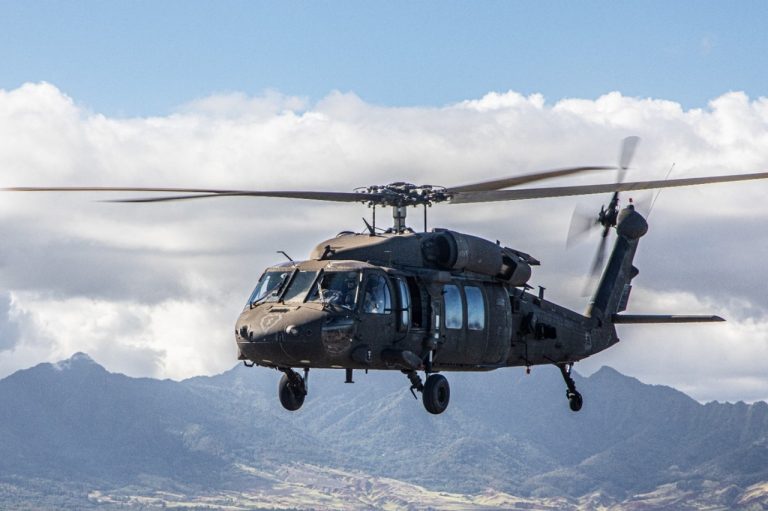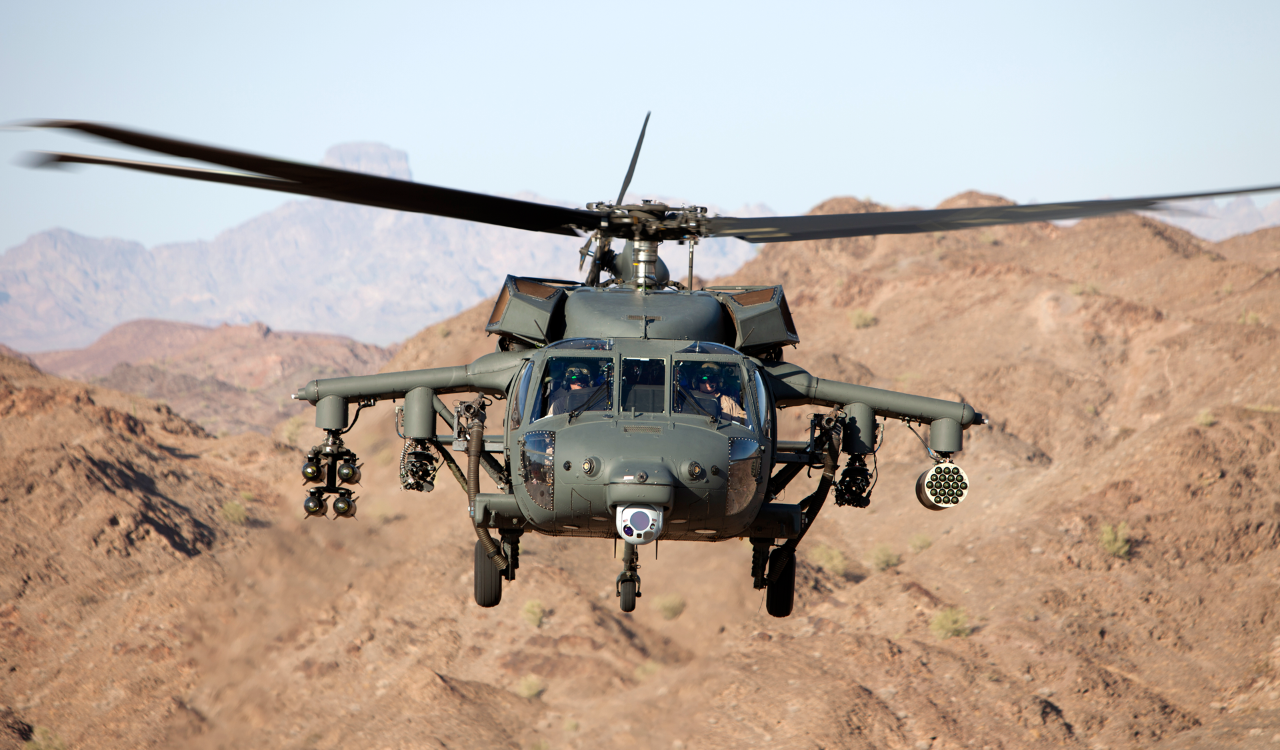The Role of Aircraft in Shaping Global Transportation and Trade Dynamics
The evolution of aircraft has actually indelibly transformed global transportation and profession characteristics, assisting in unprecedented degrees of connectivity and performance. Through the facility of durable air freight networks, companies can currently browse international markets with remarkable rate and agility, consequently redefining supply chain approaches. Nevertheless, this makeover is not without its difficulties, as the air travel sector grapples with sustainability concerns and regulative stress. As we check out the multifaceted impacts of aircraft on worldwide profession, it is important to consider how these elements will shape the future landscape of aviation and its role in the economic situation.

Evolution of Air Transportation
The evolution of air transport has been marked by substantial technical advancements and developments that have transformed the method people and goods relocate across the globe. From the Wright siblings' first powered flight in 1903 to the development of supersonic jets, each milestone has actually highlighted the ruthless quest of effectiveness and rate in air travel.
The last component of the 20th century experienced the emergence of commercial air travel as a viable mode of transport, defined by the introduction of jet engines, which changed air traveling by considerably lowering trip times. In addition, technologies in navigation and interaction innovations have actually boosted operational performance and safety, permitting more complex trip routes and routines. The rise of air freight in parallel with traveler solutions has better underscored the convenience of aviation. As we aim to the future, emerging innovations such as electric and independent airplane promise to redefine the air transportation landscape, making sure continued development and adjustment to global needs.
Influence on Global Profession
Air transport has actually profoundly improved international profession by promoting the swift motion of products throughout vast ranges. This expedited logistics ability enables services to respond quickly to market needs, thus improving supply chain effectiveness. The ability to transport perishable items, high-value things, and time-sensitive items has opened new markets and opportunities for numerous markets, considerably influencing profession patterns.
In addition, the development of air freight networks has cultivated globalization, enabling business to resource products and products from different components of the globe perfectly. This interconnectedness reduces lead times and prices, allowing services to remain affordable in an increasingly worldwide market. Furthermore, air transport plays an essential role in e-commerce, where consumer assumptions for quick shipment have driven a rise in demand for air cargo services.
The effect of airplane on global trade includes the development of calculated profession paths, linking areas and helping with global collaborations. Countries that purchase air transport infrastructure usually experience boosted financial growth and enhanced foreign direct financial investment. On the whole, the evolution of air transport has not only transformed the logistics landscape yet has also end up being a crucial component in the characteristics of global trade.

Financial Advantages of Aviation
A durable aviation market creates significant financial advantages, contributing to work production, tourist, and total economic development - uh 60. The aeronautics sector supports countless tasks worldwide, varying from straight work in airports and airlines to indirect functions in sectors such as friendliness, transportation, and logistics. According to sector reports, for every single job in the aviation industry, roughly 3.5 extra work are produced in the broader economic situation
Tourist is an essential component of the economic advantages stemmed from air travel. Flight assists in worldwide tourism, allowing tourists to discover diverse locations, which consequently promotes regional economic situations. Countries that spend in their air travel facilities frequently experience raised visitor arrivals, resulting in greater spending on solutions such as hotels, tourist attractions, and restaurants.

Furthermore, aviation enhances worldwide connection, making it possible for businesses to access brand-new markets and sources effectively. This connection promotes international trade, enabling the quick activity of products, which is essential in today's globalized economic situation. As a result, fields such as e-commerce and manufacturing benefit immensely from reliable air transportation, more driving financial development. On the whole, the aeronautics market continues to be a cornerstone of financial vitality, underscoring websites its essential duty fit contemporary economic situations.
Obstacles Facing the Air Travel Market
Navigating a complex landscape of regulatory, environmental, and financial difficulties, the aeronautics industry deals with considerable difficulties that threaten its sustainability and growth. Laws surrounding safety and security and protection are consistently advancing, necessitating Recommended Reading continuous compliance and adjustment from manufacturers and airlines (uh 60). This can result in enhanced operational prices and resource allocation that detracts from technology and development initiatives
Additionally, ecological worries have become extremely important, with expanding analysis over carbon exhausts and sound air pollution. The industry is under stress to take on greener methods and modern technologies, which typically require significant financial investment in r & d. Stabilizing these environmental responsibilities with the need for air travel provides a substantial difficulty.
Financial fluctuations, such as rising gas rates and geopolitical uncertainties, better complicate the landscape. Airlines often grapple with unstable operating expense and changing guest demand, which can influence profitability and long-lasting preparation. Labor scarcities and ability voids in critical locations add one more layer of complexity, hindering operational effectiveness.
Ultimately, attending to these multifaceted obstacles is crucial for the air travel market to maintain its pivotal role in global transport and trade, while guaranteeing resilience and flexibility in a significantly open market.
Future Patterns in Air Travel
Shifting and arising technologies consumer choices are positioned to improve the future of air travel substantially. The integration of expert system and dig this artificial intelligence is anticipated to improve functional performance, enhance flight terminal processes, and boost client service. Anticipating analytics will certainly facilitate more precise demand projecting, enabling airline companies to optimize trip schedules and pricing models.
Sustainability is coming to be a key driver in air travel, with the air travel market increasingly concentrated on minimizing carbon exhausts. Innovations in airplane style, such as hybrid and electric propulsion systems, are being checked out to meet environmental targets. Moreover, the fostering of lasting aeronautics fuels (SAFs) is anticipated to play a critical function in achieving net-zero discharges by 2050.
Consumer choices are changing in the direction of individualized traveling experiences. Airlines are investing in innovative data analytics to tailor solutions and enhance consumer interaction, making certain an extra customized trip from reserving to arrival. Additionally, the surge of remote work may result in boosted need for recreation travel, as individuals seek to combine job and vacation.
Final Thought
The development of air transportation has actually transformed worldwide trade, producing considerable economic advantages while also providing challenges that require calculated management. The continuous adjustment of the air travel industry will be crucial for maintaining its contributions to the worldwide economy.
The latter component of the 20th century experienced the appearance of industrial aeronautics as a viable setting of transportation, defined by the introduction of jet engines, which revolutionized air traveling by significantly lowering flight times. The increase of air cargo in parallel with traveler services has further highlighted the versatility of aeronautics. Additionally, air transport plays a vital function in ecommerce, where customer assumptions for rapid distribution have driven a rise in need for air products services.
Overall, the evolution of air transport has not just transformed the logistics landscape yet has additionally become a crucial part in the characteristics of international trade.
Sustainability is ending up being an essential chauffeur in air travel, with the aviation sector progressively focused on decreasing carbon exhausts.